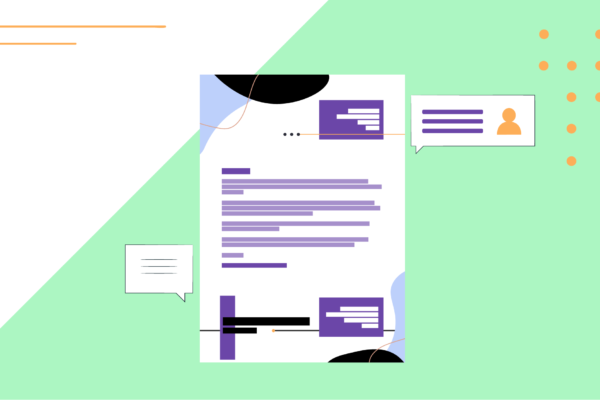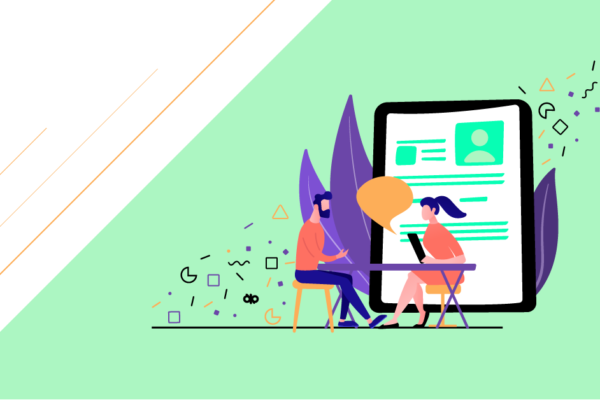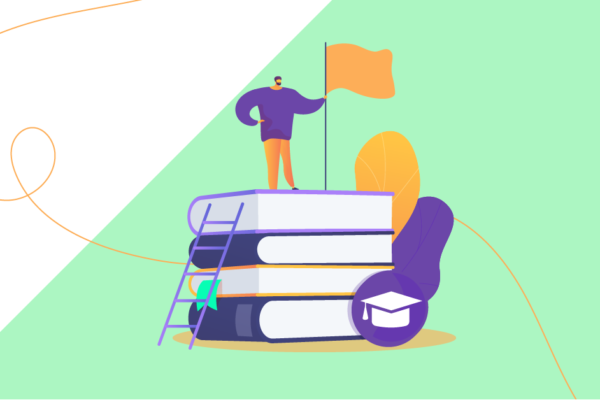Career Improvement: Mentoring or Self-Learning? There is no question
Author: Kostas Papanikolaou
Categories: Self-Development
Career Improvement: Mentoring or Self-Learning? There is no question
Time and time again in our blogs we have highlighted how the timeline of the human species’ evolution highlights the fact our core remains intact, as we tune it in attempts to make our lives better. The concept of education has been around for thousands of years, and since ancient times people have strived for knowledge. The knowledge sometimes comes via self-learning, and other times thanks to the guidance of someone that is experienced.
Throughout the millennia, a dilemma has kept humans busy all around the world when it comes to learning: to be mentored or to be self-taught? In that case, we are going to answer this question prior to presenting the benefits of each learning approach, and the reason for that is the fact that there is no real question to be answered.
There is no overlap between being mentored and self-learning since you are not gaining the same kind of knowledge from these two approaches for them to be compared to each other
Legend has it that Steve Jobs and Mark Zuckerberg took walks around Palo Alto, discussing how the latter could manage and develop Facebook, as well as being an entrepreneur. When Jobs died in 2011, Zuckerberg confirmed that the co-founder of Apple was indeed his mentor. This story -despite it including two of the most successful tech “freaks” of all time- goes to show that being mentored is a totally different thing than self-learning.
Mark Zuckerberg developed Facebook without the help of a mentor guiding him through the process. Instead, he built the now gigantic social network and was mentored on broader subjects such as his approach on different matters and issues, as well as some new ideas to be explored.
Another example is the relationship that Alexander the Great had with the philosopher Aristotle. Alexander’s father Phillip called upon Aristotle to tutor his son when Alexander was 13 years old, and Aristotle taught him about medicine, philosophy, morals, religion, logic, and art. None of these included war strategies, or direct tutoring on negotiating, both of which Alexander the Great developed throughout his years as a soldier turned general, self-learning as he moved forward.
Both the mentoring and the self-learning approaches have very important things to offer to anyone. Ideally, one would achieve getting both, in any order, or even simultaneously, to broaden their knowledge and most importantly, their ability to gain knowledge overall.
What is mentoring?
The definition of mentorship is “the influence, guidance, or direction given by a mentor, a person who influences the personal and professional growth of a mentee”. A mentor is an experienced individual who takes it upon themselves to teach one or more junior individuals about the field they specialize in. Mentoring has existed since Ancient Greece, and the word “mentor” comes from Mentor, son of Alcimus, a High Priest of Israel mentioned in Homer’s epic “Odyssey”.
Mentoring is a relationship that usually occurs within the same organization and can help a mentee:
- Become more effective
- Learn new skills
- Develop confidence
- Make better decisions
- Strengthen leadership skills
Mentoring Models
There are several different approaches to Mentoring that have been seen throughout the millennia and the most popular ones include:
- One-on-One: The most traditional form includes only a mentor and a mentee. Example: A senior Front-End Engineer and a Junior Programmer
- Group Mentoring: One or more mentors work with a group of mentees. Example: Aristotle and Alexander the Great with his friends
- Peer Mentoring: Mentors and mentees are from the same role and/or department, or have shared/similar experiences, and offer support to each other. Peer Mentoring can either have the form of one-on-one or group mentoring. Example: A group of Back-End Engineers mentoring each other in different things
- Reverse: The student becomes the teacher, with the mentee/junior individual mentoring the mentor/senior one, teaching them a new application or technology. Example: A junior social media specialist teaching a senior colleague how to use new platforms for managing social media posts
- Speed: Mentees meet with several different mentors consecutively, and seek advice through asking questions they have prepared
Ask and you shall receive
This phrase is the epitome of mentoring, the quintessence of learning from someone who is a specialist in your field, and at the same time wants to help you turn your professional and personal vision into reality. Mentoring is a two-way process, during which the mentee is developing both hard and soft skills, and the mentor is able to learn new things about themselves.
As a mentee, during a mentorship you will want to:
- Ask questions often
- Take notes in the way that works best for you
- Feel free to challenge concepts and ideas
- Practice what you gain during the mentorship
As a mentor, you will want to:
- Plan the mentorship carefully
- Divide and conquer by teaching step-by-step
- Be open to questions and ready to answer them
- Give the mentee space to express themselves
- Keep a good balance between hard and soft skills that you teach/instill
- Be patient
During a mentorship, all individuals included will be able to develop and improve both hard skills and soft skills
What is self-learning?
Malcolm Knowles was an American adult educator who is famous for being a pioneer of the Humanist Learning Theory. Humanism is a philosophical stance that emphasizes the value and agency of human beings, individually and collectively. Knowles is famous for adopting the theory of “andragogy”, the methods and principles used in adult education, creating a theoretical and practical approach based on the humanistic conception of self-directed and autonomous learners.
According to Knowles, self-learning is “a process by which individuals take the initiative, with or without the assistance of others, in diagnosing their learning needs, formulating learning goals, identifying human and material resources for learning, and evaluating learning outcomes”
Enter, the human mind’s need for working in a collective. Self-learning is a process that first and foremost requires an individual to challenge the very nature of the human species, which makes humans able to gain and extend their knowledge in a more effective way when working with others. Realizing that working in groups helps us grow faster and in a better way is the first step towards understanding what self-learning is all about.
Self-learning is -in essence- the process of obtaining knowledge by reading, experimenting, practicing, revisiting, and implementing hard and soft skills we develop, without the need of the traditional education system. As human civilization and technology evolve, so does the concept of education. From a “strict” classroom ladder with a locked hatched at the top that is only unlocked with good test results, humanity is gradually moving towards education that promotes critical thinking and problem-solving, has no locked hatches, and allows access to all possible routes.
Exams that are proof of one’s ability to repeat information are gradually becoming obsolete, and critical thinking is quickly gaining momentum
We need to learn the way to learn
The form and state of the education system worldwide have been the subject of countless studies throughout the decades. Focusing on repeating information we receive from books used in schools to achieve high grades in our final exams and gain entry to esteemed colleges has been “the way to go” for educational systems worldwide for many years.
The need to “succeed now, and excel instantly” not only creates the illusion that people who recall information better than others are smarter than others but also limits those great at regurgitating information into thinking their best is to repeat curriculum-based learning.
From the discovery of fire and the invention of the wheel to landing on the moon, compiling a photograph of a black hole, and starting the exploration of Mars, the human species has moved forward thanks to three skills:
- Critical thinking
- Problem-solving
- Visualizing
Rather than memorizing blocks of text and copying them into exam sheets, the educational system needs to help young humans learn how to learn. Develop skills and tools which allow them to receive, analyze, filter, understand, and implement information without boundaries, laws (excluding actual laws, whether they are about legality or laws of physics), and blinkers.
The need to “succeed now, and excel instantly” sets limits on something that cannot -and should not- be industrialized: intelligence
Self-learning -above all else- is the process an individual follows to acquire the tools and skills required to be able to receive and understand information. And it is through self-learning combined with mentoring, socializing, studying, exploring, experimenting, and visualizing, that the human species will continue growing, with one “endgame” purpose: optimizing its problem-solving skills to the point where problems are not solved but are prevented. Especially when it comes to survival.
Tags: mentoring, mentorship, self-learning










Latest Posts